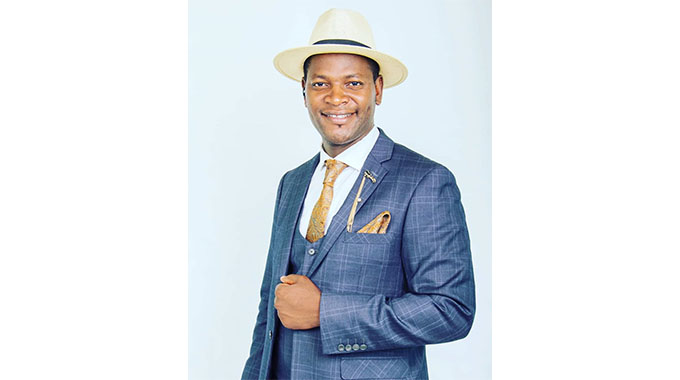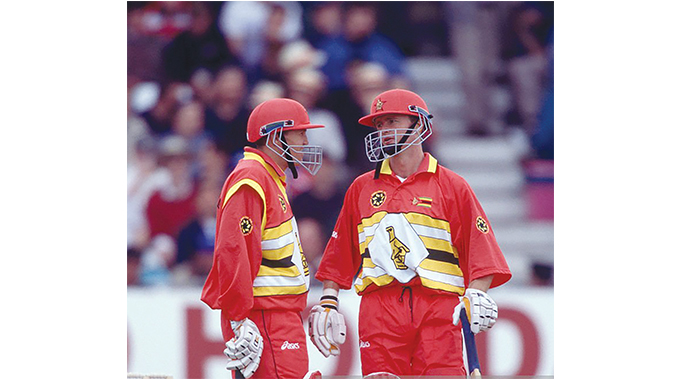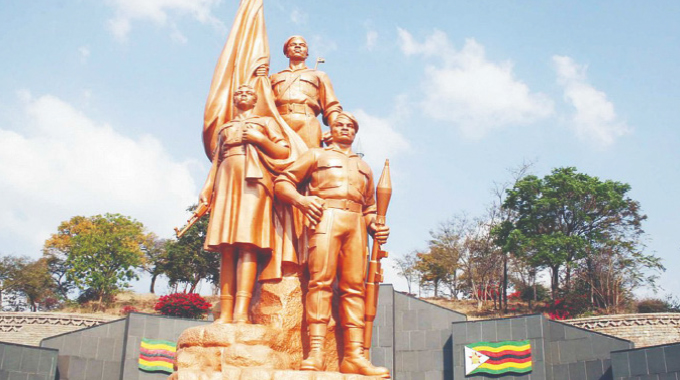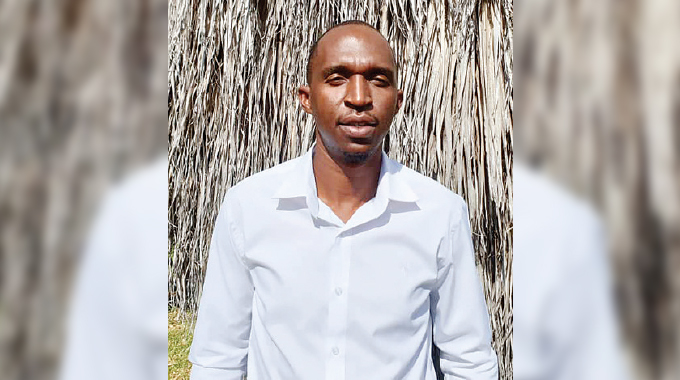Your heart rhythm matters

Maria Moyo-Boma
TODAY we will discuss a more complex but very important subject. I do hope we all benefit or get some insight to what we are talking about.
Slow heart beat (Bradycardia) is a condition where your heart beats more slowly than expected, under 60 beats per minute. For many people it is not a problem, especially when it happens because one is in good physical shape. When it happens with symptoms it means one needs to visit their doctor for a check-up.
Your heart has a built-in electrical system that organises and times your heartbeat. A network of very special cells in your heart muscle conducts electricity — and that electrical signal makes your heart muscle contract.
In a healthy heart, the heartbeat starts at a bundle of cells called the sino-atrial (SA) node. The SA node sends an electrical impulse to the upper chambers of your heart, the atria, causing them to contract. Then the signal arrives at another bundle of cells called the atrio-ventricular (AV) node.
The AV node passes the signal to the lower chambers of your heart, called the ventricles, causing them to contract as well. The process repeats with every heartbeat.
Problems happen when the SA node, also called the heart’s natural pacemaker, is no longer in control of the electrical impulses in your heart muscle. This disrupts your heart’s normal rhythm and makes it work less efficiently.
Today we look at a slow heartbeat. What are the causes, complications, signs and what to do when you have such a problem?
Causes of slow heart rate
The causes vary from one person to the next.
After a heart attack — It can start as a complication of a heart attack or a side effect of a heart surgery
Medications — Such as those used to treat abnormal heart beats (arrhythmias), high blood pressure medications or medications for heart failure
Congenital defect — a problem one is born with
Obstructive sleep Apnoea — When breathing pauses many times throughout the night
How common is this condition?
Slow heart rate is a common condition among adults over 65 years (1 in every 600). However, the number of people with slow heart rate but no symptoms is probably higher.
People who regularly exercise can have a slow heart rate because they are physically fit. They are not affected because their heart pumps blood more efficiently to meet their body’s needs.
How does it affect one’s body?
When your heart is pumping slower than normal it becomes difficult to meet the body’s demand for oxygen. Lack of adequate oxygen supply affects your heart and brain function.
Signs the bradycardia is affecting you
Shortness of breath
Chest pain
Tiredness
Heart palpitations (unpleasant feeling of your own heartbeat without using your hands to feel your pulse)
Memory problems, difficulty concentrating
Dizziness, light-headedness, fainting (which can be frequent)
Irritability, agitation
You should go to the hospital quickly if your symptoms start suddenly or are getting worse. These could be signs of other serious conditions, which is the more reason why you should get urgent help
What tests does the doctor do?
A doctor can diagnose slow heart rate based on physical examination, patient history and do tests that measure your heart rate and analyse your heart rhythm (ECG).
Management depends on the severity of the condition
Medication
A doctor can give medication via the drip to help speed up the heart rate. This is done in a hospital setting so that you can be monitored during medication.
If the condition improves, the patient can be discharged home on oral medication to help improve your heart function.
Temporary Pacing Wire
It is used in cases of slow heart rate emergencies where the condition of the patient is critical and there is a need to restore the delivery of electrical impulses to the heart.
Permanent Pacemaker
This is a device implanted permanently by your cardiologist or cardiac surgeon under your skin in the chest and connected to various points of your heart by special wires called leads. It helps to stabilise heart rhythm and improve quality of life.
Possible Complication of Prolonged and Untreated Slow Heart Rate
Frequent fainting due to inability of the heart to pump enough blood
Heart failure
Sudden cardiac arrest
There is limited access to some of the treatment options mentioned above because Bulawayo does not have a heart centre at the moment where everyone can have access to proper treatment and adequate investigations. However, if one has the above signs, visit your doctor or book an examination with the local cardiologist.
Everything starts with knowledge. We can all help each other if we know about this condition. It is our community responsibility to teach and share the knowledge we have for the betterment of our community. The more we talk about it the more we sensitise our community.












Comments